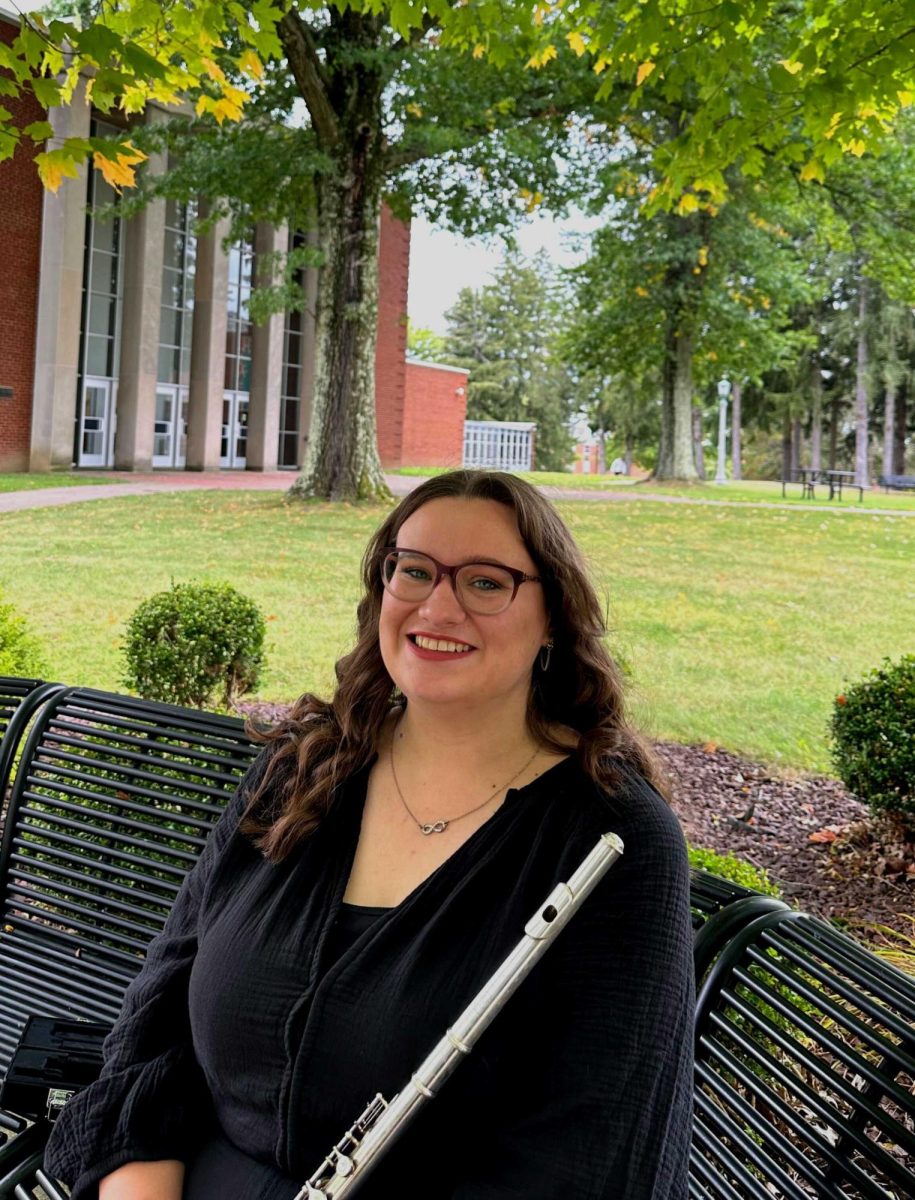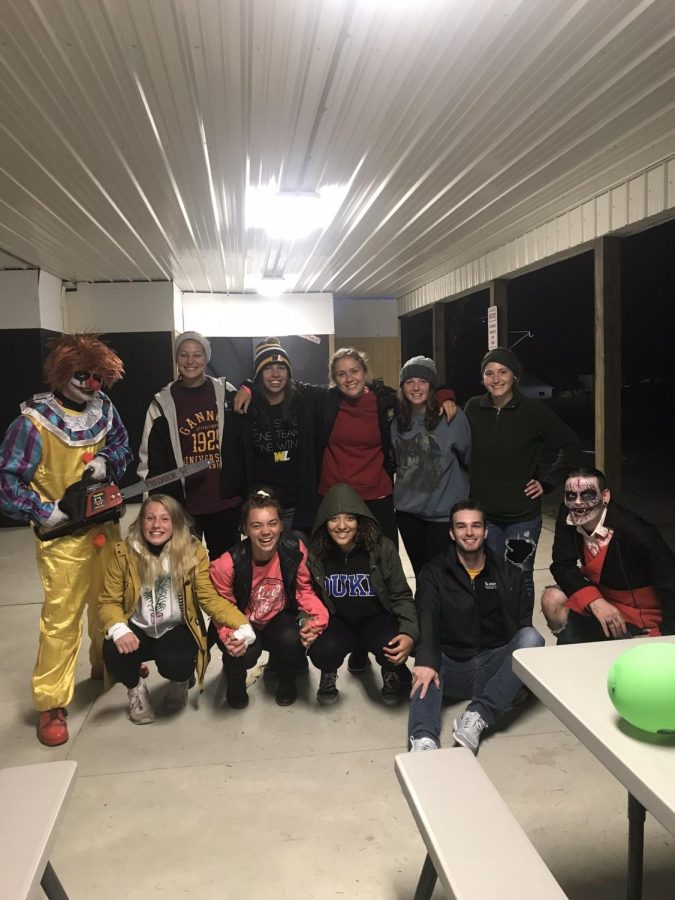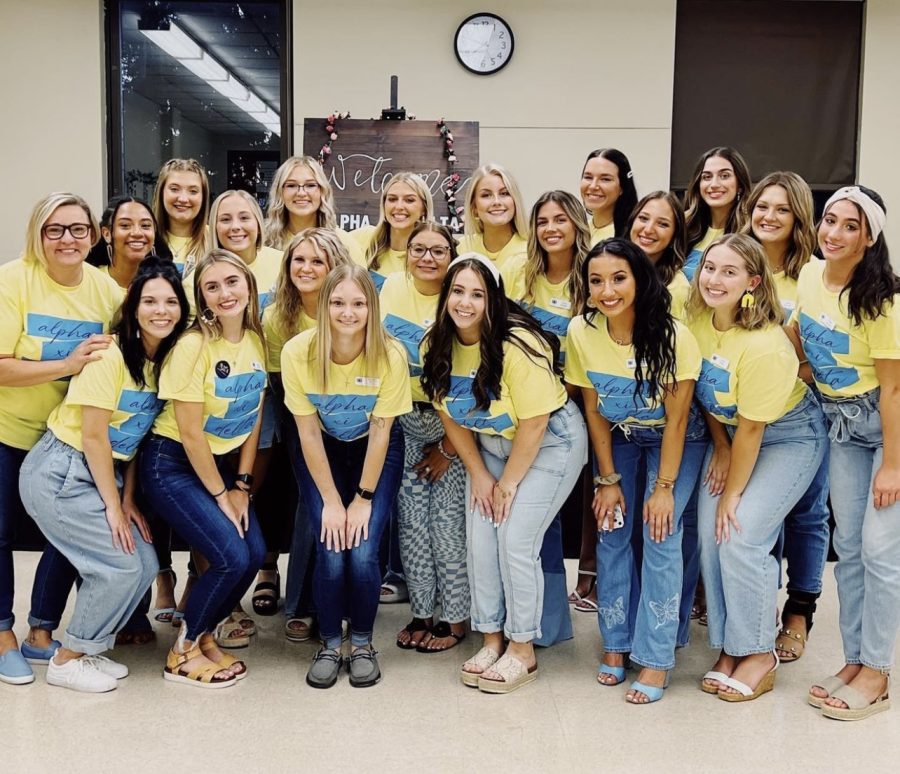By Emily Salvatori, Assistant Editor
Domestic violence and sexual violence are major issues that affect multiple people and deserve awareness, because it is completely unacceptable. It can happen to anyone, not just women, and there is no shame in seeking help. There are resources and help available on campus for victims of sexual assault or domestic violence.
These acts are never okay to commit, on or off campus, or at any point in life. No one should have to go through this, but I am glad that WLU has measures in place to help victims.
According to the National Coalition Against Domestic Violence (NCADV), “Domestic violence is the willful intimidation, physical assault, battery, sexual assault, and/or other abusive behavior as part of a systematic pattern of power and control perpetrated by one intimate partner against another. It includes physical violence, sexual violence, threats, and emotional/psychological abuse. The frequency and severity of domestic violence varies dramatically.”
Domestic violence, or intimate partner violence, is defined by the Center for Disease Control (CDC) as, “Physical violence, sexual violence, stalking and psychological aggression (including coercive acts) by a current or former intimate partner.”
Sexual violence is defined by the CDC as, “Sexual violence is defined as a sexual act committed against someone without that person’s freely given consent.”
Raising awareness about domestic violence and sexual assault is important because this is an issue that affects many people – and it is an issue that not only affects women.
According to the National Coalition Against Domestic Violence, “1 in 3 women and 1 in 4 men have been physically abused by an intimate partner.”
According to RAINN (Rape, Abuse, and Incest National Network), one out of every six women and one out of 33 men have been victims of attempted rape or rape, and people who are transgender or gender nonconforming are at a higher risk of becoming victims of sexual violence.
If a student at West Liberty is a victim of domestic violence, sexual violence or sexual assault, it is important to seek out help and to know where that help can be found.
President Dr. Stephen Greiner said, “I really do want students to know that there is help on campus. We have a Title IX Coordinator that students can go to.”
“If a student reports an incident to any employee, that employee is obligated to report that, and generally that would be reporting to the Title IX Coordinator to determine whether it’s a Title IX offense or not, but it will be investigated,” said Greiner. “There are counseling services that are available on campus. I would encourage every student to report any incident. Again, the best place is the Title IX Coordinator, but I would tell students you can come to me, and I guarantee there will be follow-up, and remain as confidential as we can.”
If you are a victim of sexual assault or domestic violence, you should talk to someone. However, you do have some options when deciding who you would like to talk to. There are confidential and non-confidential reporting options available to students. I am glad that West Liberty University offers more than one way to report an incident because it gives the victim freedom to do what they are comfortable with, but also receive help.
Confidential reporting options include Campus Health Services, Campus Counseling Services, and the Rev. Debra Dague.
According to the Title IX page on the university website, “These offices can offer you confidentiality, sharing options and advice without any obligation to tell anyone unless you make a decision to pursue the matter further.”
The website also states, “You can seek advice from certain resources whose staff and volunteers are not required to tell anyone else your private, personally identifiable information, unless there is cause to fear for your safety or the safety of others.”
There are free and confidential counseling services available to all West Liberty students. Lisa Witzberger is West Liberty University’s counselor, and her office can be found in the Main Hall East Wing rooms 138 and 139.
Pursuing a non-confidential option means you are filing a formal report. According to the website, “Formal reporting means that only people who need to know will be told, and information will be shared only as necessary with investigators, witnesses, and the accused individual.” Once a report has been made, it will be followed up by an investigation and administrative procedures.
In order to file a formal report of an incident, you can talk to college officials such as campus police, Human Resources or the Title IX Coordinator.
Diana Harto is West Liberty’s Title IX Coordinator. On the Title IX page on West Liberty’s website, there is information to help students if they have been assaulted, and information on how to fill out or report a Title IX.
Reporting is important because there will be follow-up and an investigation.
“That’s the right thing to do because if the student is a threat to the campus at large, the student shouldn’t be on campus,” said Greiner.
West Liberty needs to continue to stand up against domestic violence and sexual assault. If you have become a victim to sexual assault or domestic violence, you should tell someone whom you trust.
Greiner said, “There are people who care, are there to help. We really want to be there for our students. We need to all stand up against sexual assault and domestic violence.”
You can reach the National Sexual Assault Hotline at 1 (800) 656-HOPE and you can call the National Domestic Violence Hotline at 1 (800) 799-SAFE.
Original artwork by Mimi Albon






